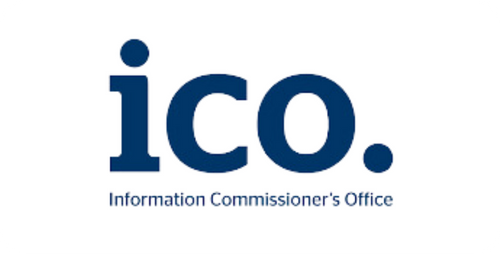Carbon Reduction Plan
Commitment to achieving net zero
COMI Limited is committed to achieving Net Zero emissions by 2050 for all UK operations, in line with the UK Government and NHS Net Zero targets
Baseline emissions footprint
Baseline emissions are a record of the greenhouse gases that have been produced in the past and were produced prior to the introduction of any strategies to reduce emissions.
Baseline emissions are the reference point against which emissions reduction can be measured.
| Baseline year: 2024 | |
| Additional details relating to the baseline emissions calculations: | |
The baseline year selected is 2024, which represents COMI Limited’s first full year of operations. COMI operates primarily as a remote-first consultancy with access to shared office facilities under a licence agreement.
This baseline has been prepared using the government’s GHG Conversion Factors (2024 dataset) and the GHG Protocol Corporate Standard. |
|
| Baseline year emissions: | |
| Emissions | Total (tCO2e) |
| Scope 1 | 0 tCO2e |
| Scope 2 | 1 tCO2e |
| Scope 3 (included sources) | 3.3 tCO2e |
| Total emissions | 4.3 tCO2e |
Current emissions reporting
| Reporting year: 2025 | |
| Emissions | TOTAL (tCO2e) |
| Scope 1 | 0 tCO2e |
| Scope 2 | 0.9 tCO2e |
| Scope 3 (included sources) | 3.1 tCO2e |
| Total emissions | 4.0 tCO2e |
Emissions reduction targets
In order to continue our progress to achieving net zero, we have adopted the following carbon reduction targets.
We project that carbon emissions will decrease over the next five years to 3.5 tCO2e by 2030. This is a reduction of 19%.
This reduction will be achieved through:
- Maintaining our remote-first model and limiting Scope 2 emissions.
- Further reducing business travel and prioritising low-carbon transport.
- Increasing use of suppliers with demonstrable net zero commitments.
- Introducing verified carbon offsetting for unavoidable residual emissions by 2027.
Carbon reduction projects
Completed carbon reduction initiatives
The following environmental management measures and projects have been completed or implemented since the 2024 baseline. The carbon emission reduction achieved by these schemes equates to an estimated 0.3 tCO2e, a 7% reduction against the 2024 baseline of 4.3 tCO2e, and the measures will remain in effect when performing the contract.
- Adoption of an Environmental Management System (EMS) based on ISO 14001 principles, ensuring structured environmental policies, monitoring, and continual improvement.
- Remote-first operating model – eliminating the need for leased office premises, avoiding Scope 1 emissions and substantially reducing Scope 2 emissions.
- Shared office by licence agreement – treating office-related energy consumption as Scope 3 purchased services, with no direct control over fuel use.
- Digital-first delivery – service delivery, training, and audits primarily conducted online, reducing business travel needs.
- Low-travel policy – essential journeys only, with preference for rail and public transport over air and car travel.
- Cloud services with renewable energy commitments – choosing providers with strong sustainability credentials, such as Microsoft and Google.
Future carbon reduction initiatives
In the future we hope to implement further measures such as:
- Formal certification of our EMS to ISO 14001, demonstrating full third-party assurance of our environmental management approach.
- Supplier engagement – requiring associates and suppliers to demonstrate carbon reduction commitments by 2027.
- Energy-efficient IT upgrades – introducing low-energy devices and accredited recycling of end-of-life equipment.
- Verified carbon offsetting – from 2027, offsetting unavoidable residual emissions via recognised schemes (e.g. UK Woodland Carbon Code).
- Improved data capture and reporting – implementing tools to better measure Scope 3 impacts such as IT procurement and supply chain emissions.
Declaration and sign off
This Carbon Reduction Plan has been completed in accordance with PPN 006 and associated guidance and reporting standard for Carbon Reduction Plans.
Emissions have been reported and recorded in accordance with the published reporting standard for Carbon Reduction Plans and the GHG Reporting Protocol corporate standard13 and uses the appropriate government emission conversion factors for greenhouse gas company reporting.14
Scope 1 and Scope 2 emissions have been reported in accordance with SECR requirements (where required), and the required subset of Scope 3 emissions have been reported in accordance with the published reporting standard for Carbon Reduction Plans and the Corporate Value Chain (Scope 3) Standard.15
This Carbon Reduction Plan has been reviewed and signed off by the board of directors (or equivalent management body).
- Approved by: Mickael Iqbal & Catherine Okonkwo
- Position: Managing Directors
- Date: 31/07/2025
- Next Review Date: 31/07/2026



